Understanding The Importance Of Iron And Iron Deficiency Anemia
Iron is a vital substance in the body – especially if you are battling with fatigue. It is important to get the correct balance and to supplement iron effectively.

Why is having the right amount of iron essential for your health?
If you are suffering from tiredness, then you may have an iron deficiency. Iron is essential for the creation of hemoglobin, the molecule in the blood that carries oxygen, as well as for the activation of many enzymes associated with the production of energy. Without sufficient iron, the cells of your body cannot function at their optimum and your muscles and organs aren’t getting enough oxygen and energy. Rest will make no difference if you are experiencing this kind of tiredness.
However, some people suffer from a genetic condition known as hemochromatosis. This means that they can’t utilize iron effectively nor can they eliminate it from the body. The build-up of iron causes toxicity, or overload. Some of the indications of this condition are: hair loss, gastrointestinal problems, altered endocrine functions, bone and joint disease, liver problems and heart disease. For this reason, supplementing with iron should only be done after blood tests have established an actual need for iron since both iron deficiency and hemochromatosis (excess iron) can cause symptoms of fatigue.
Who is at risk of iron deficiency?
Although anyone can become iron deficient, some people are more at risk than others. These include:
- Children under two years of age
- Athletes who are training intensively
- Adolescent girls
- Adolescent girls who are also athletes who are training intensively
- Menstruating women, pre-menstrual women and pregnant women.
It is worth noting that some medications can cause gastrointestinal bleeding, which can deplete the body’s reserves of iron. If you are taking aspirin, indomethacin or anti-inflammatory drugs, then this may be the cause of an iron deficiency.
What are the symptoms of iron deficiency?
The symptoms of iron deficiency are:
- Fatigue
- Brittle nails
- Pale skin, gums and conjunctiva
- Constipation
- Dizziness
- Irritability
- Headaches
- Inflamed tongue
These are similar to quite a few other nutritional deficiencies, so the only way to be sure whether you have an iron deficiency is through clinical tests. A hemoglobin test is not enough, so ask for a serum ferritin test. If this isn’t conclusive, then it might be a good idea to discuss with your health care provider the possibility of getting a total picture of your iron situation from a range of tests including:
- Serum ferritin
- Transferrrin saturation (%)
- Total iron binding capacity (TIBC)
- Serum iron
What is the best way to increase your intake of iron?
These are the foods that are naturally rich in iron:
- Red meat (especially liver)
- Egg yolks
- Dark, leafy greens (spinach, collards)
- Dried fruit (prunes, raisins)
- Iron-enriched cereals and grains (check the labels)
- Mollusks (oysters, clams, scallops)
- Turkey or chicken giblets
- Beans, lentils, chick peas and soybeans
- Artichokes
If you need an iron supplement, then you have a choice of two forms – heme iron, which is directly derived from beef (bovine) liver, and non-heme iron salts. The former are considerably more potent than the latter. In fact, 3 milligrams of heme iron are as effective as 50 milligrams of non-heme iron. This is because heme iron is more easily absorbed by the body as the non-heme iron requires the production of stomach acids and can be blocked by fiber, phosphates, tannin and calcium.
If you are taking heme iron, ingest it with your meals. If, on the other hand, you are taking non-heme iron, take it between your meals. Avoid tea and coffee and heavy amounts of fiber as these substances can interfere with the absorption of iron. Make sure that you have, or else supplement adequate vitamin B6, vitamin B12, vitamin C, folic acid and zinc as these substances all enhance the uptake of iron.
Please, take a look atSupplements for fatigue, to get more info on different supplements you might consider if you are experiencing persistent tiredness.
Other nutritional deficiencies, which are also known to cause tiredness, areVitamin B deficiencyandMagnesium deficiency.

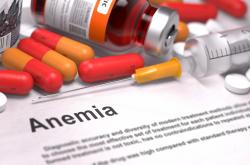

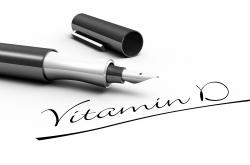
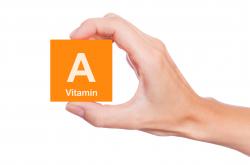
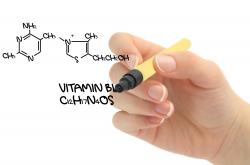
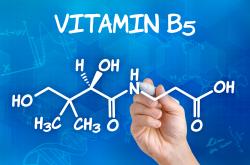
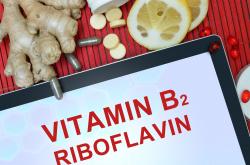

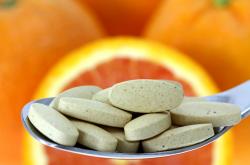








Leave a comment